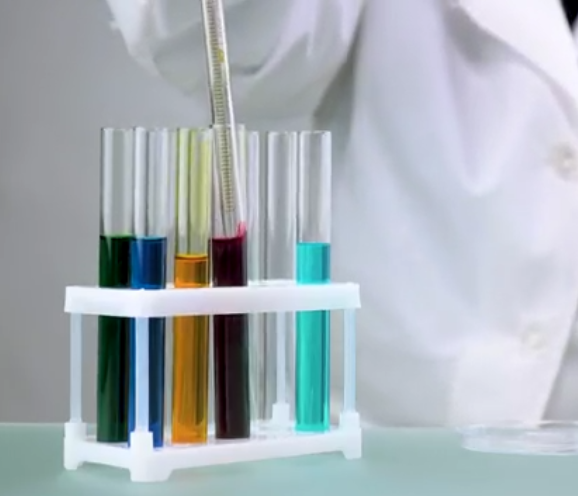Sorbitan Sesquicaprylate is a chemical compound, a substance that is a mixture of caprylic acid mono- and diesters and hexitol anhydrides derived from sorbitol, a mixture of isomeric organic compounds obtained by an industrial process of sorbitol dehydration.
The name describes the structure of the molecule:
- Sorbitan - This part of the name indicates that the molecule is derived from sorbitol, a polyhydric alcohol obtained from the reduction of glucose.
- Sesquicaprylate - "Sesqui" suggests a 1.5 ratio, while "caprylate" indicates that the molecule contains esters or salts of caprylic acid, a saturated fatty acid.
Description of the raw materials used in its production:
- Sorbitol - Sorbitol is a fundamental raw material for the production of sorbitan sesquicaprylate. It is a polyol alcohol derived primarily from corn syrup or glucose.
- Caprylic acid - Caprylic acid is a medium-chain fatty acid that can be obtained from natural sources such as coconut oil or palm oil. It serves as a reagent in the synthesis of sorbitan sesquicaprylate.
Industrial chemical synthesis step-by-step:
- Esterification - Sorbitol is reacted with caprylic acid in the presence of a catalyst to form sorbitan sesquicaprylate. This reaction is known as esterification, where caprylic acid binds to sorbitol to form the desired ester.
- Purification - The reaction product is then purified to remove any impurities or by-products. This can be done through processes like filtration, centrifugation, or distillation.
- Characterization - The purified sorbitan sesquicaprylate is characterized using various analytical techniques to confirm its identity, purity, and desired properties.
- Quality control - The final product containing sorbitan sesquicaprylate undergoes quality control checks to ensure it meets the required standards.
- Packaging and distribution - Sorbitan sesquicaprylate is packaged and distributed for use in various industries, including cosmetics and pharmaceuticals.
It appears as a white powder

What it is used for and where
Cosmetics
Surfactant - Solubilising agent. Solubilisation facilitates the diffusion and transport of many cosmetic ingredients, even in the form of microemulsions, on the stratum corneum, improving the effectiveness of formulations.
Viscosity Enhancing Agent - aqueous. Since viscosity is important for increasing the chemical and physical stability of the product, Viscosity Enhancing Agent acqueous is an important dosage factor in gels, suspensions, emulsions, solutions. Increasing viscosity makes formulations less sedimentary and more homogeneously thickened.
Safety
The Cosmetic Ingredient Review Expert Panel (Panel) evaluated the safety of 20 sorbitan esters; this report included sorbitan esters reviewed in 1985 and 2002, as well as 3 previously unreviewed sorbitan esters (sorbitan undecylenate, sorbitan sesquicaprilate and sorbitan palmate). Most sorbitan esters are reported to act in cosmetics as surfactant emulsifying agents. The Panel reviewed data from previous reports on sorbitan esters, as well as additional data included in this report, to determine the safety of these ingredients. The Panel concluded that the sorbitan esters included in this safety assessment are safe in cosmetics in current use and concentration practices (1).
CAS 91844-53-0
References______________________________________________________________________
(1) Fiume MM, Bergfeld WF, Belsito DV, Hill RA, Klaassen CD, Liebler DC, Marks JG Jr, Shank RC, Slaga TJ, Snyder PW, Gill LJ, Heldreth B. Safety Assessment of Sorbitan Esters as Used in Cosmetics. Int J Toxicol. 2019 Sep/Oct;38(2_suppl):60S-80S. doi: 10.1177/1091581819871877.
![]() Sorbitan Sesquicaprylate
Sorbitan Sesquicaprylate 


